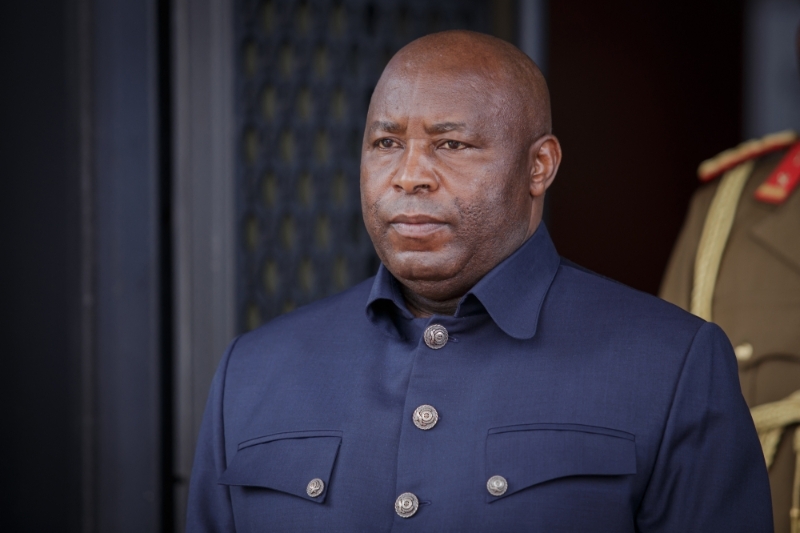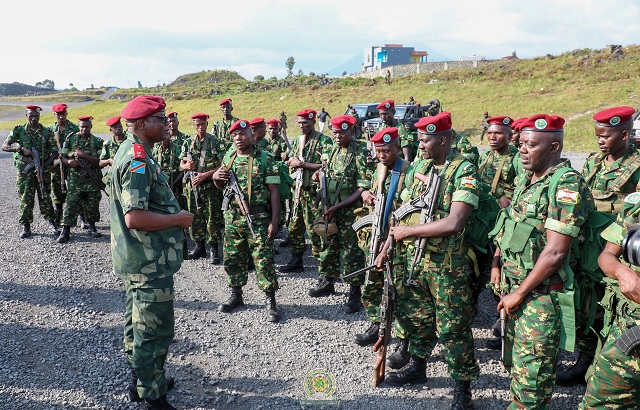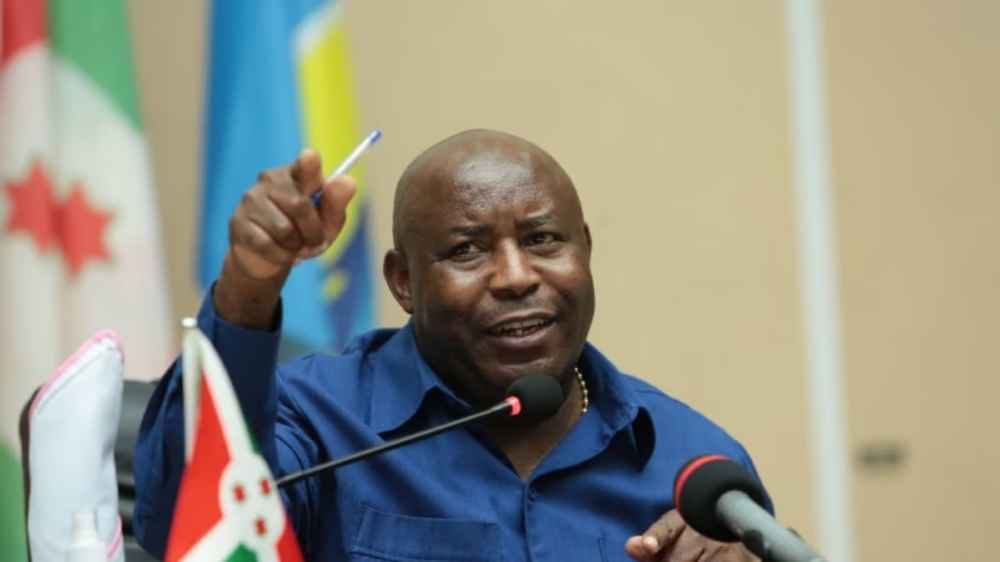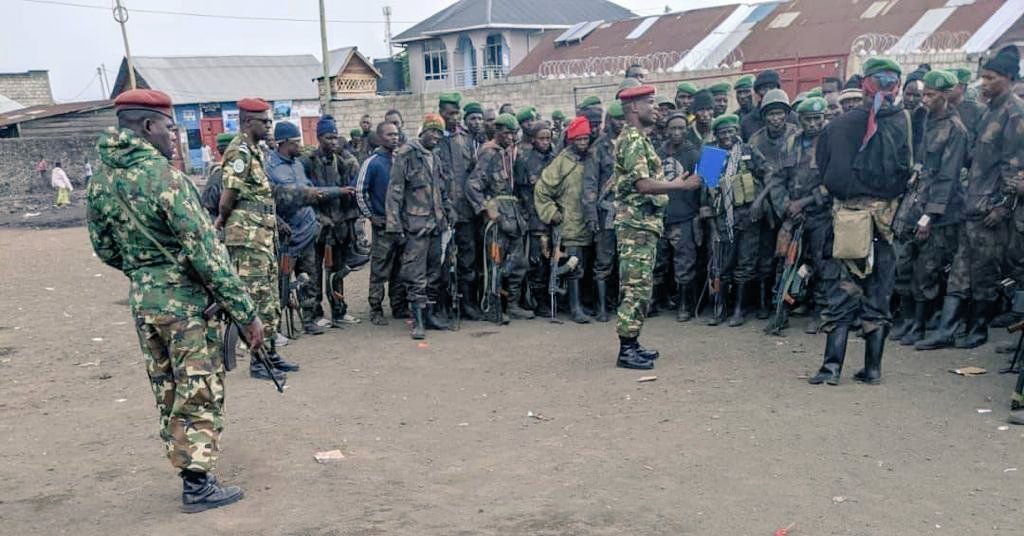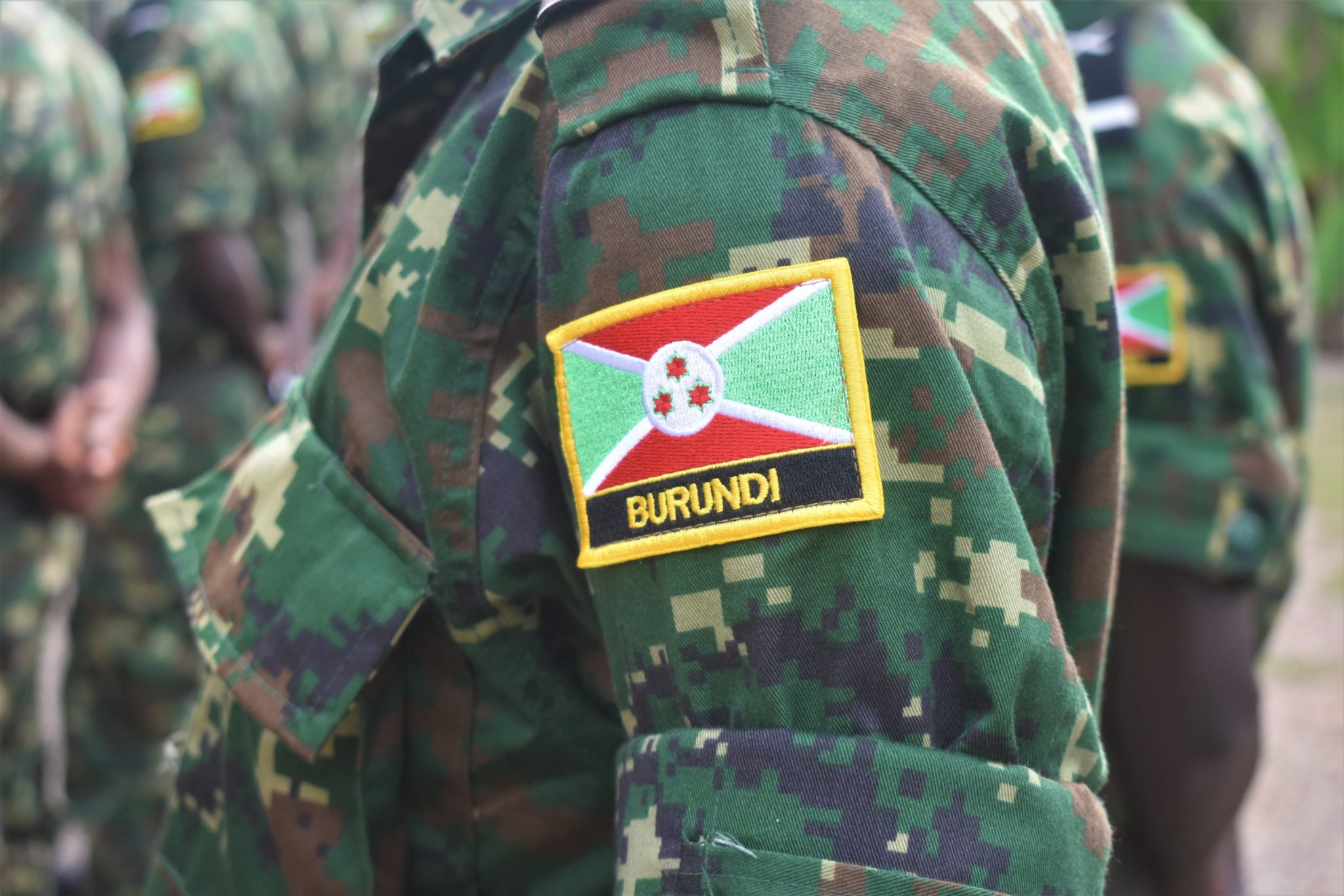Regional
Implication of Burundi closing border with Rwanda
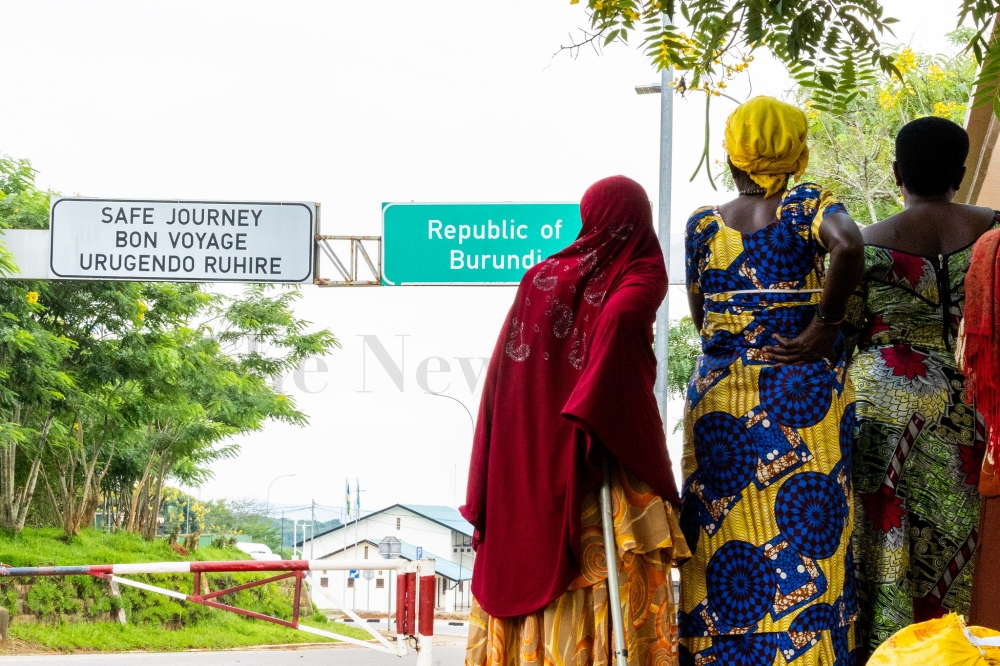
Burundi decided to close its border with Rwanda and expel Rwandans on January 11, after the December 2023 allegations by President Évariste Ndayishimiye that Rwanda was backing RED-Tabara rebels.
The Burundian rebel group that
first emerged in 2011 has been plotting and executing attacks on Burundian
territory from its bases in the east of the Democratic Republic of Congo since
2015.
“I would like to clarify […]
RED-Tabara …is a Burundian rebel movement whose elements fled and are [operating]
on Congolese territory,” Congolese Minister of Foreign Affairs Christophe
Lutundula said during a press conference in Kinshasa on January 13.
Ndayishimiye’s accusations
have one objective; to divert the nation’s public from the chaos the Burundian
army is engaged in eastern DRC where it is fighting alongside the Congolese
army coalition, against M23 rebels, and getting a bloody nose.
The Burundian president
alleged that Rwanda is hosting RED-Tabara, despite the fact that since 2021
Burundi has been deploying thousands of troops in South Kivu, eastern DRC, to
fight the rebel group.
The excuse by Ndayishimiye to
close the border with Rwanda is only a pretext. He made the decision to appease
his Congolese counterpart Felix Tshisekedi whom he is siding with in the
current conflict in eastern DRC.
While Rwanda supports efforts
by the East African Community in a bid to restore order in eastern DRC through
peaceful approaches such as dialogue, Burundi sided with Kinshasa in employing
military means to deal with the M23 rebellion.
Ndayishimiye supported
Kinshasa’s narrative that Kigali is backing M23 rebels to cover up for
Tshisekedi’s failure to halt hostilities in DRC as he pledged when he was
running for president in 2018.
A January mid-term report by
the UN Group of Experts on DRC confirmed that Burundian troops are supporting
the Congolese army coalition in committing indiscriminate shelling,
kidnappings, and targeted assassinations.
The border closure can be seen
as the desire of Ndayishimiye to follow in the footsteps of Tshisekedi.
Nothing justifies this closure
strategically or from a logistical point of view, as the attacks of the
RED-Tabara rebels are carried out from DRC, the big neighbor never singled out
by Burundi.
Sacrificing
Burundians for personal plans
Ndayishimiye’s decision to
close the border with Rwanda will affect Burundians in all sorts of ways. Without
income, the shortages of basic necessities are increasing every day and the
lack of gasoline has worsened the crisis.
Burundian farmers have been
exporting their fruits and tomatoes to Rwanda’s markets.
Cross-border trading since the
border reopened in 2022 allowed Burundians to get sugar, which is scarce in
their country, from Rwanda. Burundian business people who invested in textile,
transport, and hospitality sectors have been portraying Rwanda as a good gateway
in the region for their businesses to survive.
Border closure marked another
point of weakness in the decisions of Ndayishimiye, who is currently unpopular
because of a range of mistakes he made since he assumed office.
Ndayishimiye’s first term in
office was marked by numerous failures from economic crisis, shortage of
gasoline, and above all, a blunder in
the troops deployment to eastern DRC to support the Congolese army coalition in
fighting M23 rebels.
Ndayishimiye’s border closure is more incomprehensible since his friend Tshisekedi has never closed his border, despite everything he says about relations between Kigali and Kinshasa.



